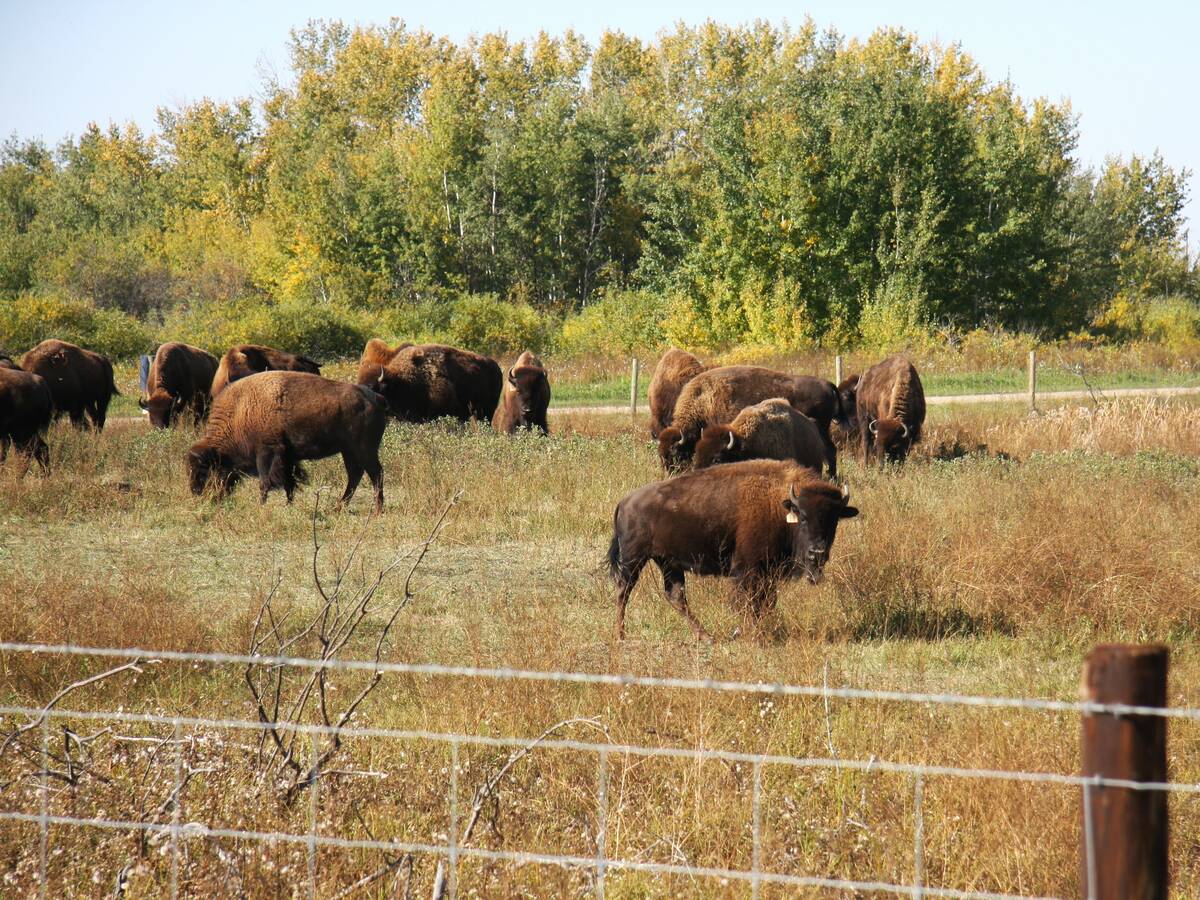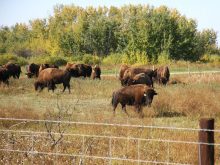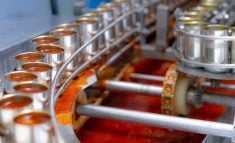The World Health Organization said Monday that 2,4-D, the oldest herbicide in the world, is possibly a human carcinogen.
The International Agency for Research on Cancer (IARC), a division of the WHO that identifies causes of cancer so preventive action can be taken, reviewed research on 2,4-D at an early June meeting in France.
After evaluating the relevant studies, IARC experts cited several reasons for classifying 2,4-D as possibly causing cancer:
• They said there was “limited evidence” that 2,4-D causes cancer in experimental animals.
Read Also

National Day for Truth and Reconciliation: Acknowledging the past, seeking a better future
How can the treaty rights of Indigenous peoples be honoured in a way that gives them a proper seat at the table when it comes to farming in Canada?
• There was “inadequate evidence” that 2,4-D causes cancer in humans.
• Epidemiological studies didn’t show consistent increases in the risk of non-Hodgkin lymphoma because of 2,4-D exposure.
Dow AgroSciences, which manufactures 2,4-D, said the IARC classification is “inconsistent” with decades of research on the weed killer.
“No herbicide has been more thoroughly studied and no national regulatory body in the world considers 2,4-D a carcinogen,” said John Cuffe, global regulatory sciences and regulatory affairs at Dow AgroSciences.
Dow said the IARC methodology is flawed because the agency doesn’t consider realistic doses and exposures to herbicides like 2,4-D.
“IARC reviews an incomplete set of information to focus solely on whether a substance or activity could be a carcinogen, not whether it is a carcinogen when used under real-world circumstances,” Dow said.
Julie Goodman, an epidemiologist and toxicologist who works for the 2,4-D Task Force, which is funded by Dow and other companies that hold 2,4-D registrations, said IARC uses a hazard assessment rather than a risk assessment. A risk assessment accounts for real world exposures.
“What’s important is that when you do a risk assessment, there is absolutely no indication that there is a cancer risk to humans,” she said.
“This has been done by over 90 health and safety regulatory agencies around the world and none of them has concluded that 2,4-D is carcinogenic…. What they (IARC) is basically saying is that it’s not impossible that 2,4-D can cause cancer.”
The IARC classification could be significant, for public perception because Dow is expecting farmers to use much more 2,4-D in coming years. It has developed and is marketing a herbicide called Enlist Duo, which contains a new formulation of 2,4-D and glyphosate. Enlist Duo is now registered for use in Canada and the United States.
The herbicide will be part of Dow’s Enlist weed control system. The company has developed genetically modified corn and soybeans with “stacked” herbicide tolerance, where the crops can be sprayed with 2,4-D and glyphosate.
Dow is promoting Enlist as a potential solution to herbicide resistant weeds, which have infested millions of acres of cropland in North America.
The technology may be registered, but U.S. and Canadian farmers aren’t growing Enlist corn and soybeans on millions of acres this year. Dow announced a limited launch of the Enlist system because China still hasn’t approved import of Enlist corn or Enlist soybeans.
This year farmers are permitted to grow Enlist corn or soybeans provided they feed the crops to livestock on their farms.
Contact robert.arnason@producer.com

















